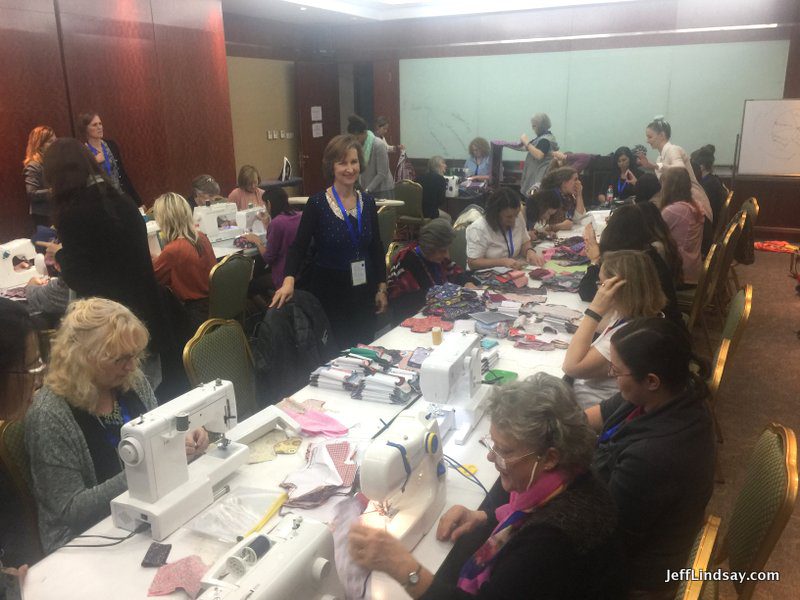On my Web page about Mormon Temples and Alleged Connections to Masonry, I have long had some basic information about the arcane issue of “penalties.” I ran into some new information today when looking at the online journal Biblica. An article related to this topic is Paul Sanders, “So May God Do To Me!,” Biblica, Vol. 85, No. 1, 2004, pp. 91-98. (The link is for a PDF file. There is also an HTML version, but if you don’t have Greek and Hebrew fonts installed, some parts will not look right.) From the summary:
In the Hebrew Bible we find the self-imprecation “So may God do to me and more also!” (2 Sam 3,35, 1 Kgs 2,23, etc.). In many cases, the phrase is immediately conditioned: “So may God do to me and more also, if you will not be the commander of the army” (2 Sam 19,14). God may punish the speaker, if the latter fails his promise. Ancient Mesopotamian sources suggest that the word “So” in the Hebrew expression originally referred to a gesture in use when taking an oath: the touching of the throat.
Nearly 20 years ago while in Provo, my friend Bruce Porter (another big Nibley fan) explained to me that in Ruth 1:17, when Ruth says “the LORD do so to me, and more also, if ought but death part thee and me,” the statement was probably accompanied by a gesture across the throat. The new article in Biblica adds further insight to the issue.
I’m perfectly happy with the elimination of the “penalties” from the modern Temple, since these optional instructive tools are easily misunderstood and probably just too ancient, foreign, and even offensive for many modern folks. But their earlier use in the Temple again points to ancient Semitic roots.










This has helped me a lot! I have been very doubtful about temples.
Do you know where the gesture and meaning can be confirmed. I am bothered by the changed and the rite as well, so, I dont have a stand on it yet. I just dont understand why something that came into being anciently would be omitted because we are of a more tender heart? Perhaps God has changed his mind on the penalty? I never liked the gesture but excepted it. Freemasons did not originate the ritual. So, why did we omit it?